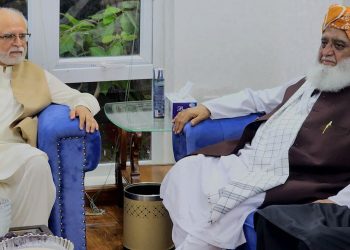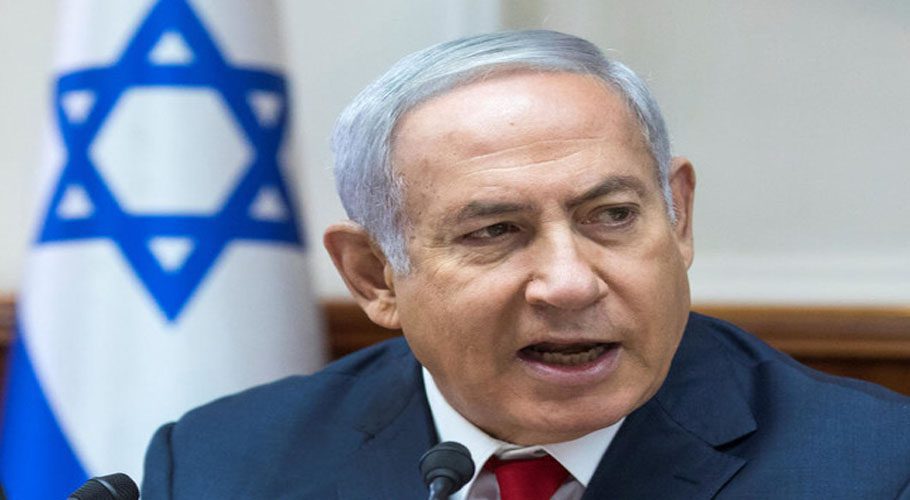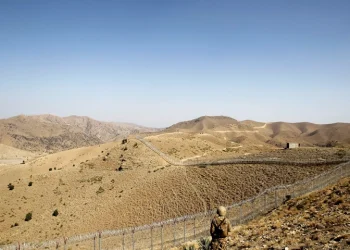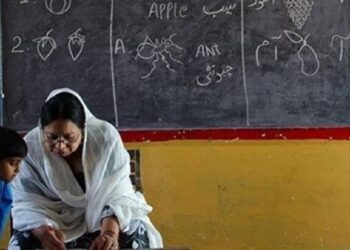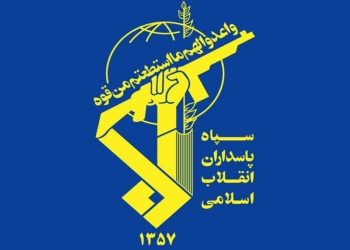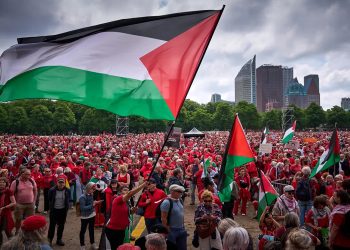The colonial-era prison in Karachi is adorned with murals depicting rural Pakistani life, skillfully crafted by inmates serving sentences for serious crimes such as murder and kidnapping. These individuals, isolated from the outside world, are honing their artistic talents within the prison walls as part of a rehabilitation art and music program.
Prison authorities report that the initiative has proven successful, with some inmates selling their artwork for substantial sums at exhibitions supported by the local arts council. Mohammad Ijaz, a 42-year-old artist serving a 25-year sentence for undisclosed charges related to kidnapping and abduction, shared his transformative experience. Despite being incarcerated, he has financially supported his family, funding his mother’s pilgrimage to Mecca and contributing to his sister’s wedding through the sale of his horse-themed paintings.
Expressing gratitude for the program, Ijaz remarked, “Before I was jailed, it was another life with no responsibility and immaturity. But I have found the true meaning of life since being jailed. They have taught us that life is full of colors and the colors themselves speak.”

The art program, initiated in Karachi Central Jail in 2007, aims to rehabilitate inmates serving lengthy sentences or facing the death penalty. In addition to artistic pursuits, prisoners have the opportunity to learn languages such as Arabic, English, or Chinese, as well as engage in hand embroidery and beadwork.
Ammad Chandio, a senior prison official, highlighted the positive impact of constructive activities on inmates, stating, “Engaging them in constructive pursuits kind of polishes them. It helps them reflect upon their past, what crime, what sin, or what violation of law they had committed.”

Proceeds from the sale of artwork created within the correctional facility belong to the inmates, providing them with a means of financial support. Despite the challenging conditions prevalent in many Pakistani prisons, the central jails in major cities receive better funding.
Sarah Belal, the executive director of Justice Project Pakistan, emphasized the importance of rehabilitation efforts, stating, “Efforts to rehabilitate prisoners should be at the fore; the purpose of penal punishments is to help them become better citizens.”
Mehtab Zakir, a 34-year-old serving a murder sentence, reflected on the positive impact of the program, noting, “I know I haven’t wasted time here, at least we have learned something. I feel happy when I finish a painting, and it gives me confidence that at least I can do something.”








